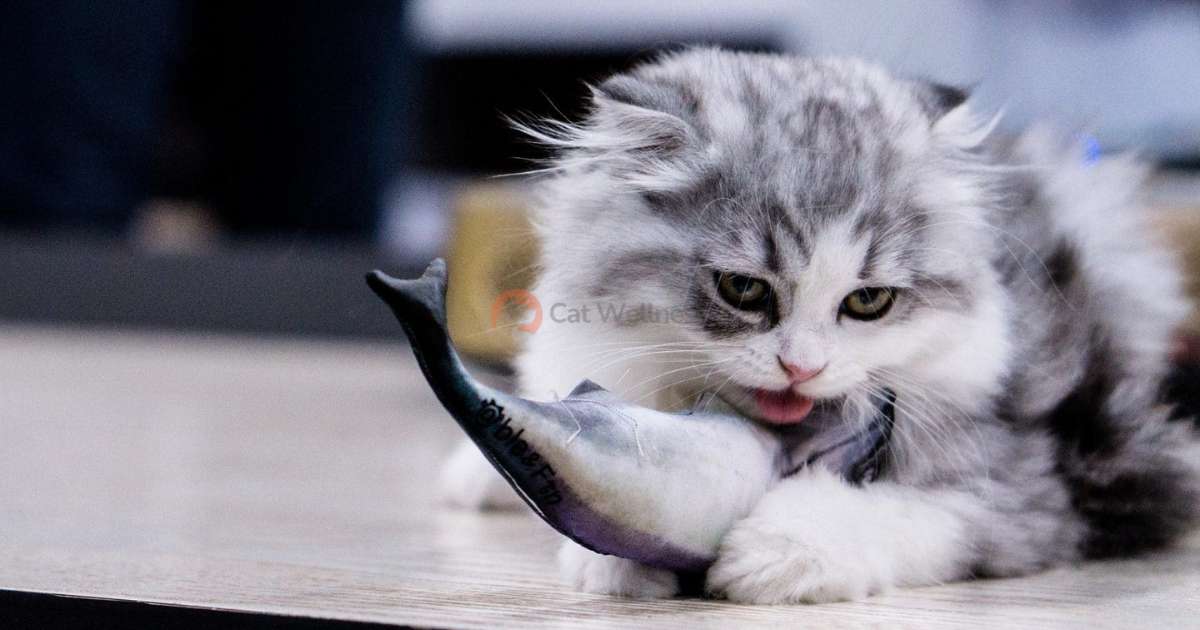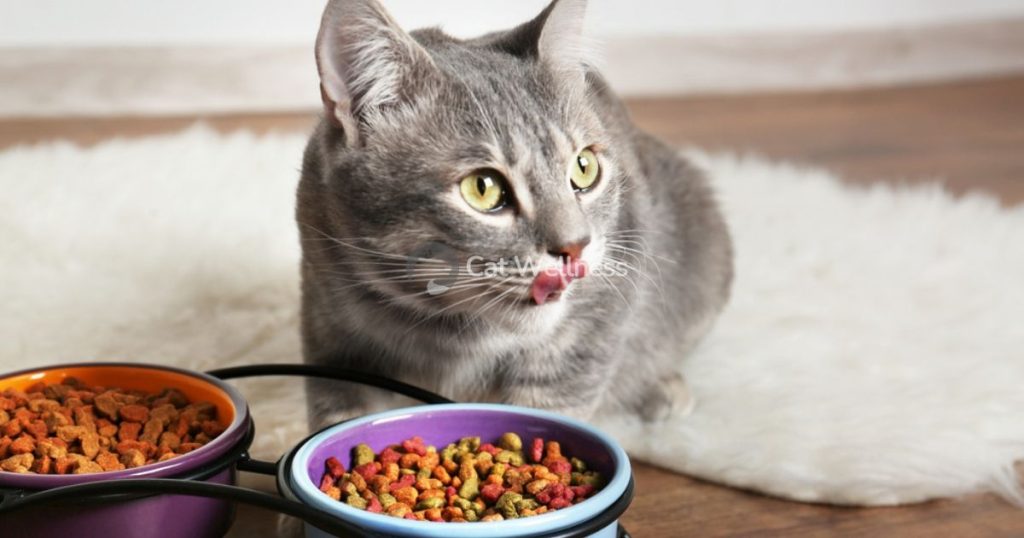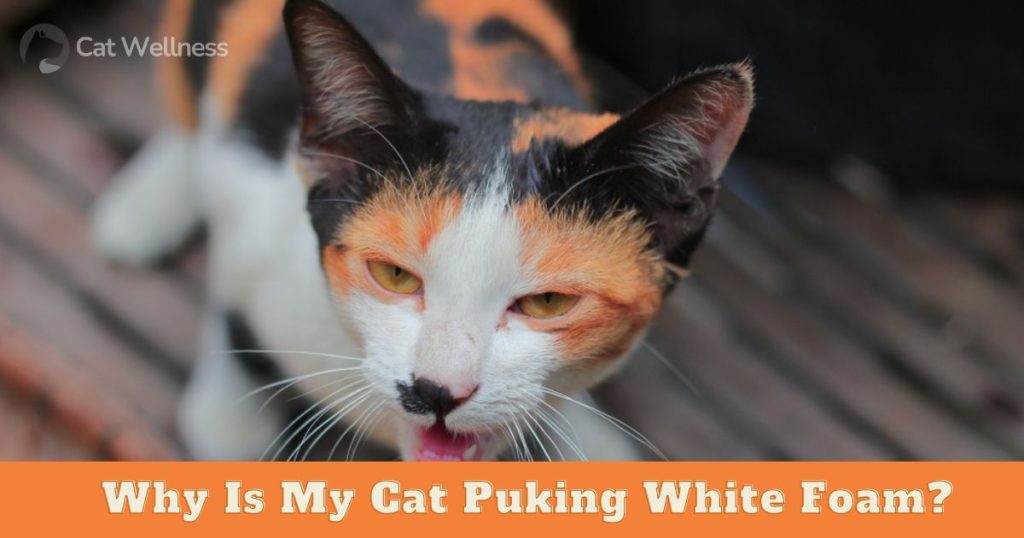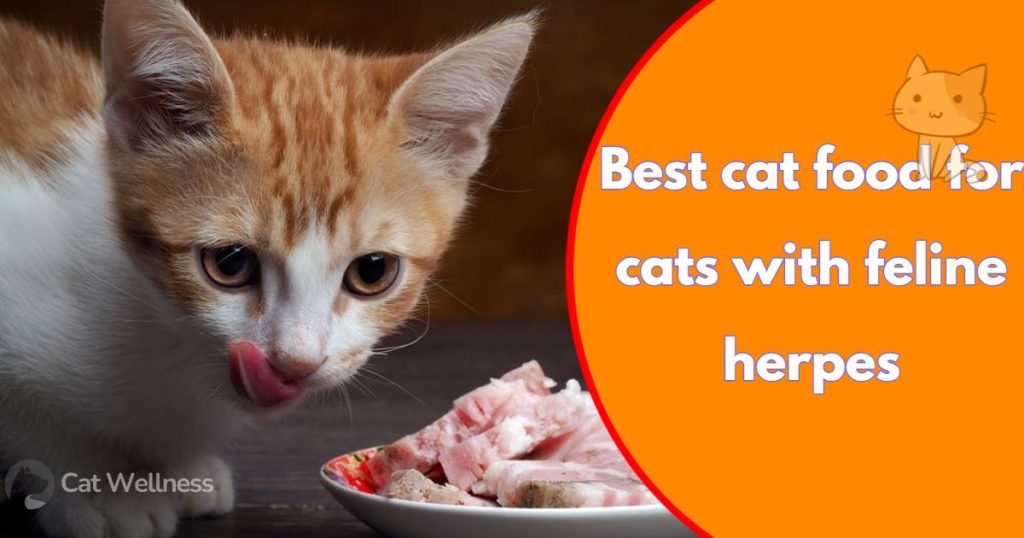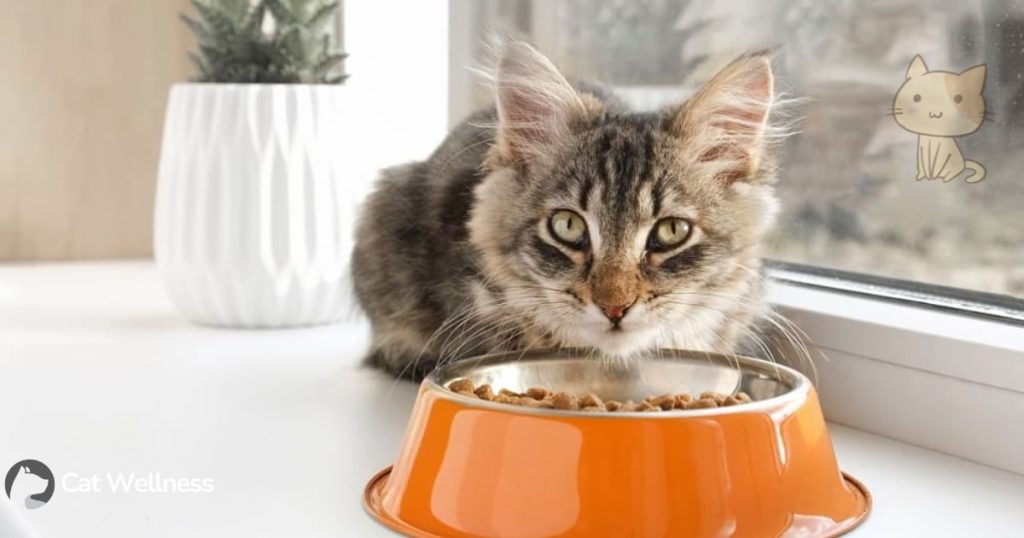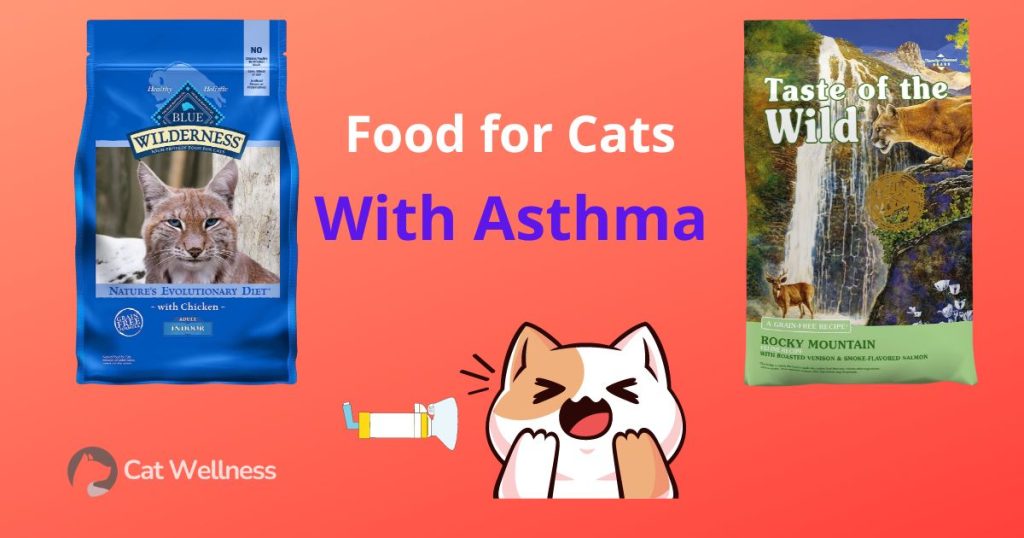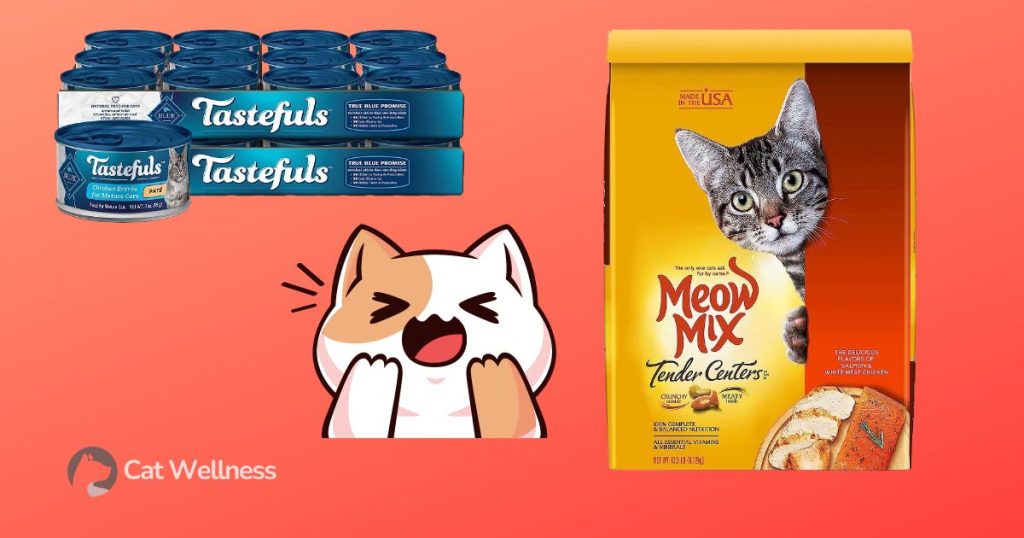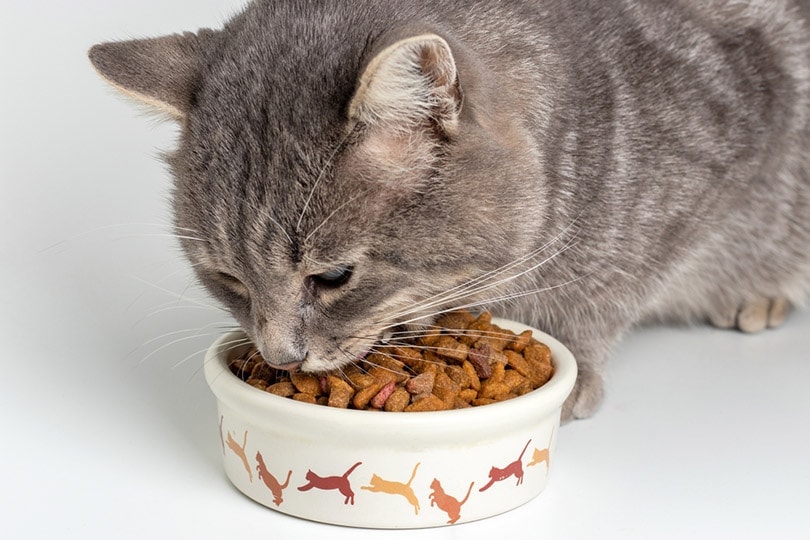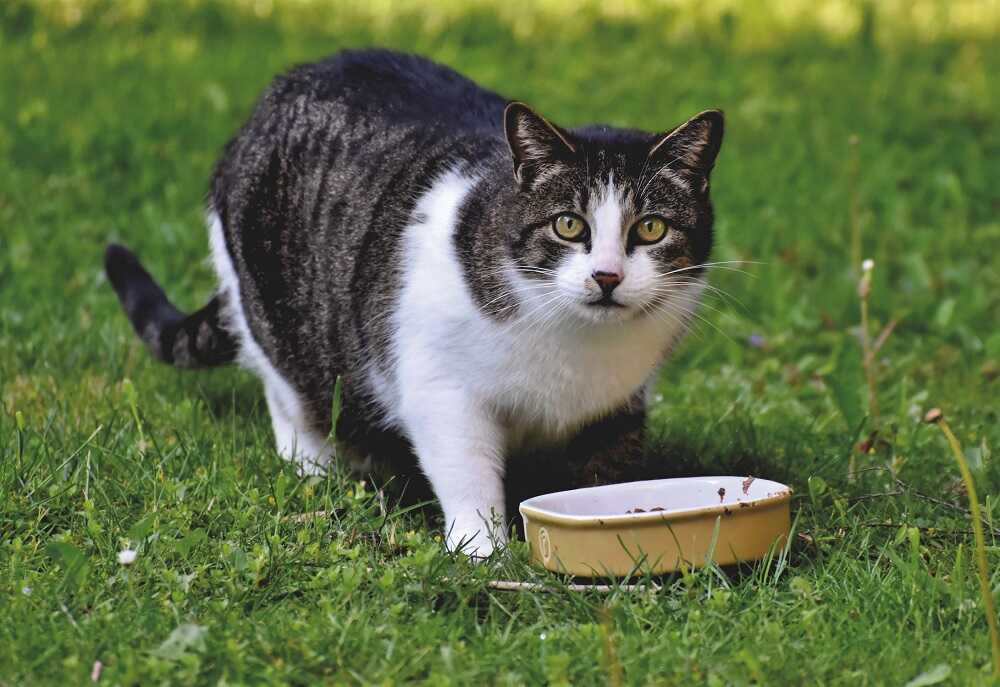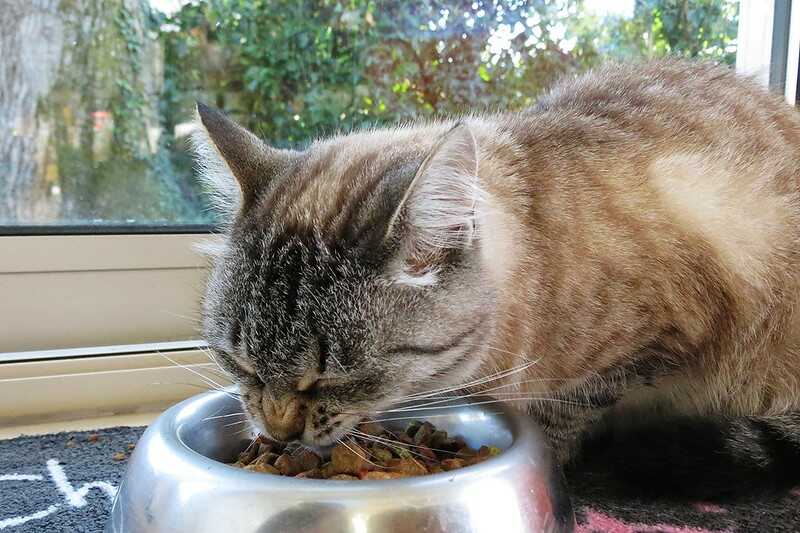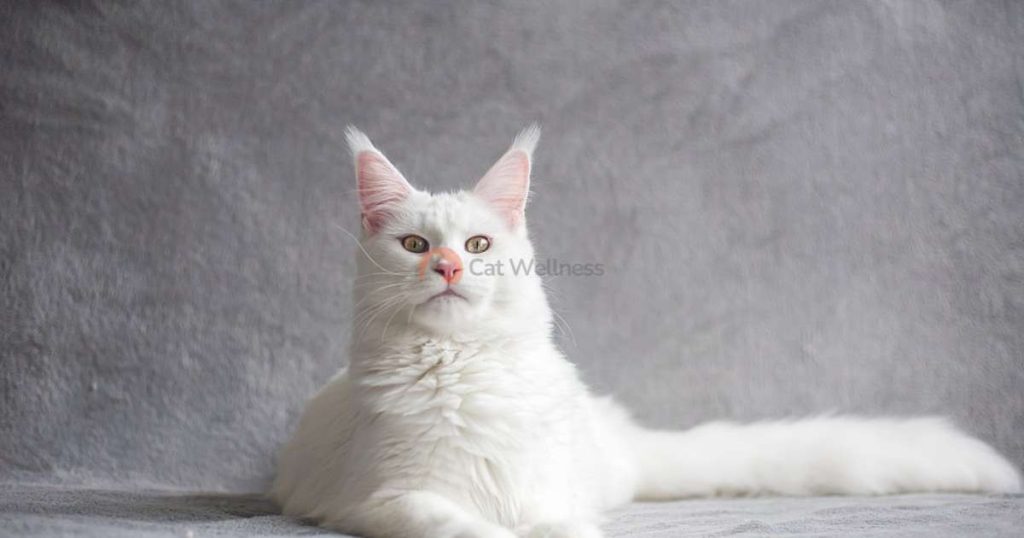Many cat people hold the question, “Is canned tuna good for cats?“. Much research has been done and proved that tuna also has potential risks.
Canned tuna contains mercury; thus, giving your cat a lot of tuna may result in mercury poisoning and other negative effects. Let’s find out more below.
Is Canned Tuna Good For Cats?
No. Although your cat might eat canned tuna, it is not ideal for your four-leg pet as a daily meal.
When you open a tuna box in your house, the possibilities are that your cat rushes to the kitchen. Unquestionably, many cats prefer tuna, and cats can eat canned tuna.
However, like any other treat or a special meal for your cat, it’s crucial to give tuna in balance. You also need to choose the type of canned tuna that is healthy for your cat. Besides, you must ensure you never feed your cat too much canned tuna just because it is convenient.
Although tuna can offer some benefits, it is not worth it. Canned tuna might be detrimental to your cat. Tuna alone will not provide your cat with a balanced diet. It is heavy in mercury, which can cause mercury poisoning.
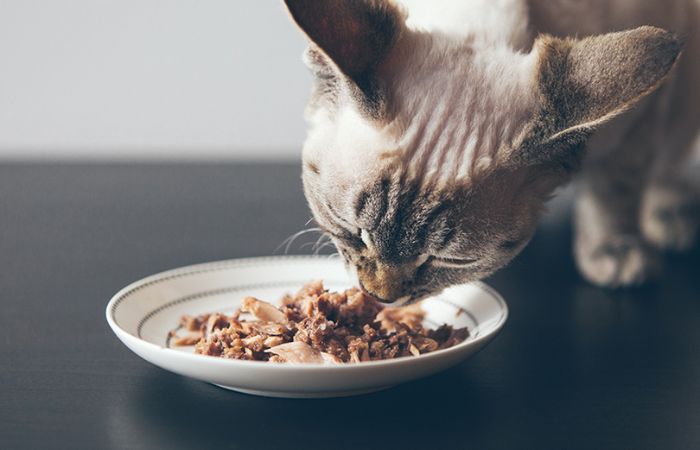
Cat and Tuna
Why Is Canned Tuna Not Ideal For Cats?
Cats like seafood and most of them are big fans of tuna juice and canned tuna. Although tuna is safe for pets in moderation, feeding your cat excessively canned tuna might be harmful. Here are several concerns why feeding your cat canned tuna might create health issues.
Tuna Is High In Unsaturated Fats
Though unsaturated fats are good for humans, they are harmful to cats. It can lead your cat to become deficient in Vitamin E and result in steatitis (“yellow fat illness”), a fatty tissue inflammation. Cats who eat a lot of red tuna are more inclined to this unpleasant disease.
Besides, too much canned tuna can make your cat gain weight uncontrollably, especially if served along with their regular cat food. Cat obesity is just like in people. It can cause health issues like bladder disease, diabetes, and arthritis.
Related Post: Why Does Cat Food Stink? Unclog The Curiosity
Tuna Alone Is Not Nutritionally Complete
Commercial “tuna” cat meals contain other additives in addition to tuna. Thus, using canned tuna too much will be detrimental to your cats. Besides, tuna alone is strong in phosphorus, and although a strong cat can handle it, cats having kidney diseases should avoid it.
Thiaminase, an enzyme that degrades thiamine or vitamin B1, can be found in tuna fish. As a result, having a lot of fish in a cat’s diet might cause thiamine deficiency. Because cooking destroys thiaminase, you must cook canned tuna before feeding your pets.
Common symptoms are poor coordination, twitching, and lack of appetite. In cats, the most typical indication is that they are able to extend their neck down to almost reach their chest.
Tuna Is Higher In Mercury
Almost all fish have tiny quantities of mercury. On the food chain, the higher a fish is, the more mercury it accumulates. Tuna is significantly elevated on the chain and hence carries too much mercury, increasing mercury poisoning chances.
Mercury levels in canned white tuna (albacore) are nearly three times greater than in light tuna. So how should you treat your tuna-obsessed kitty?
Ensure that the foundation of the diet is high-quality pet food made especially for cats. Replacing tuna partly with a different fish like salmon may fulfill your cat’s appetite for fish. Also, limit the amount of tuna your cat consumes a week.
Not All Cats Can Stomach Tuna
Using canned tuna can be convenient, and you don’t have to prepare much for your cat. However, tuna could cause allergies in cats. According to the Merck Veterinary Manual, it is a top dietary allergy for cats, with frequent symptoms such as hair loss, itching, red skin, and bumps.
Cats having food allergies will vomit, have diarrhea, gas, and lose their appetite if they come into contact with an allergenic substance. If you detect one of these signs, contact your veterinarian as soon as possible to discover the reasons and make a treatment.
Can Cats Eat Tuna Sometimes?
Tuna can be harmful to your cat’s health when served too frequently, but it is not poisonous. So you’re simply thinking about whether you are able to feed your cats their favorite food anyway. Good news.
“Cats may be given tuna in moderation. “Debra Eldredge, a winner with the Cat Owner’s Home Veterinary Guidebook, agrees.
When your cat can’t consume enough yummy tuna, Eldredge recommends seeking different varieties because they contain varying quantities of mercury and nutrients.
To guarantee a healthy feed, prepare tuna before offering it to your pets, just as you would with other fish such as salmon. Good appetite!
Related Post: Why Do Cats Like Treats More Than Cat Food? All To Know
Are There Any Canned Tuna Benefits For Cats?
Tuna, as a particular food, can be healthful for most cats when provided in small amounts. It is a high-protein, low-carb source of omega-3 essential fatty acids DHA and EPA. They help to repair and preserve skin. These acids aid in the treatment of skin diseases and arthritis.
How Should You Feed Canned Tuna To Your Cats?
Consult your veterinarian before feeding your cat canned tuna. A cat requires stability in its schedule, especially the regularity of its diet. Therefore, canned tuna would be something they may be interested in eating for any reason. It’s wise to know ahead of time and not to give them unwanted foods.
If you still want to introduce canned tuna to the cat, do it gradually into the cat’s diet. Unexpected changes in diet might cause stomach disorders, so be careful and add a small amount of fish step-by-step.
Always give the cat canned tuna, which has been packed in water. Don’t feed your friend the fish with other flavorings like salt or oil. Furthermore, keep in mind that any additional treats must not account for more than 10% of the daily calorie consumption.
The remaining 90% must be high-quality cat food. Minimize canned tuna about 2 or 3 times per week.
What Are The Signs For Stopping To Feed Canned Tuna To Your Cats?
Tuna has undeniable nutritional value. However, eating too frequently might cause health issues in cats. Based on the Merck Veterinary Handbook, tuna is one of the top meals cats get allergic to.
Signs of Food Allergies
If your cat begins to show these symptoms after adding tuna (or a different type of fish) to her food, she may be allergic. After having tuna several times, your cat starts to have small, crusty bumps, redness, itching, and hair loss.
In the long run, when you do not find out about these signs and continue feeding them, it will become worse. Your cat will vomit and experience digestive upset, gas, diarrhea, and a loss of appetite.
If you see any of these symptoms, consult your veterinarian. Always speak with your veterinarian before making any modifications to your cat’s nutrition. In most circumstances, putting just a little tuna in your cat’s meal should be alright, but you must keep an eye on him to ensure he accepts this new treat.
Signs of Mercury Poisoning
Another issue to be concerned about is mercury poisoning. Mercury is a hazardous metal found in water, air, soil, and tuna. The following are signs of mercury toxicity in cats, including coordination difficulties, unsteady walking, unusual behaviors, and involuntary motions of the body and eyes.
When your cat gets serious mercury poisoning, extreme symptoms can be found. Mercury can weaken the central nervous system, making your cat have seizures or tremors. If you keep feeding your pet canned tuna, it will eventually suffer blindness and even death.
Other Notices That You Should Stop Feeding Your Cat Tuna
When it comes to dumping away tuna cans, it’s necessary to note that mercury poisoning incidents have, thankfully, decreased in recent years. But prevention and caution are still better than treatment.
Finally, feeding too much tuna might cause your cat to put on weight. Tuna is a pretty healthy snack for people. However, those calories mean a lot more to our kitty companion.
Even while chubby cats are attractive and cute, being overweight can lead to chronic inflammation, diabetes, heart disease, and cancer. The cat also gets difficulties in daily activities.
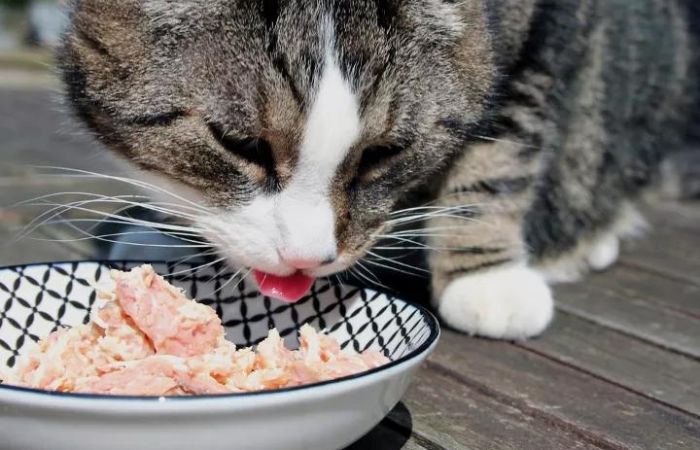
Obesity in Cats
By adopting the 10% rule regarding treats and snacks for our kitties, we may help them maintain a healthy weight and stop feeding them tuna when they gain a lot of weight.
Conclusion
Now you have the answer for yourself “Is Canned Tuna Good For Cats?” Canned tuna is not completely bad, but feeding your cat too much is not good. If you want to provide your pet with a canned tune for convenience, you should follow the instructions above.
If you care for your cat and don’t want him to have any trouble, you shouldn’t recommend canned tuna to your cat in the first place.
Recommended Reading

